Each night my daughter is tucked up in bed, alongside a bunch of cuddly toys, with joy written all over her face. Her only concern is whether to wear her pink or her purple skirt the next day. That’s her reality. That’s how life should be for a six year-old.
And then there’s Nizar*. He’s just a few months younger than my daughter – just a small five year-old boy.
Nizar found his mother’s dismembered head amidst the rubble in his family home in Syria. A rocket had come through the kitchen whilst she was getting a drink for his father.
Once, maybe, his face too was written with joy. But now it’s marked by grief. And loss. And confusion. That’s his reality
He’s not just a faraway story on the news, only to be flicked over to watch another home renovation programme. He’s not just another statistic. He’s a real child. As a Syrian refugee in Jordan his world has been turned upside down.
- Civil war in Syria has displaced 6.5 million people within the country and led to around 2.5 million becoming refugees in neighbouring states.
- More than 100,000 people have been killed, and now every hour, more than 300 people flee their homes in fear.
This boy, this real boy, with real feelings, blames himself for his mother’s death. His world will never be the same again.
This is real life. Not my real life. And probably not your real life. But this is his real life: painful and scarred and broken.
And he’s not a singular case. These children have lost fathers. And mothers. And siblings.
Families had fled Syria to avoid rockets in homes and tanks on roads. They’ve fled so their children no longer have to see fathers tortured and mothers abused.
Even as I write, it’s hard to grasp that this is the reality for so many lives.
This is Safiyya*:
Safiyya is 23 and a first-time mum. When she was eight months pregnant, she and her husband decided they had to leave Syria for their safety, and their child’s.
They walked for six hours through the night, coming from Daraa to Jordan with a group of around 90 other Syrians.
Safiyya was training to be a teacher in Syria. Now she’s a supervisor in a kindergarten for Syrian refugee children run by a local charity in partnership with Tearfund. Safiyya worked with Nizar, mentioned earlier. This is her story:
“For 8 months I was at home, I did not leave the house. When we’re at home we think of family, friends we left in Syria. It makes us really sad. The kindergarten is a nice place where children are loved. I feel that they are my children. And the teachers are very sweet. Together we are one, we work together.”
As a volunteer at the kindergarten, Safiyya receives a cash stipend for her help – it’s her family’s only source of income.
Ninety children go to the kindergarten; all of them have fled from Syria and many are traumatised by what they have been through. The Syrian women who work there have all been trained to look for and understand the signs of trauma in children. In addition, a qualified psychologist visits once a week to run sessions.
Despite all that’s happened Safiyya’s greatest hope is that they will return to Syria and her son will grow up there. She says:
‘Our lives were in Syria. We love Syria.’
Today marks the 3 year anniversary of the ongoing conflict in Syria.
We may feel powerless to help. We may feel there’s nothing we can do.
But maybe today, we could believe something different. Maybe today we could allow our reality to affect their reality. Maybe today we could believe our prayers make a difference.
Maybe, today we could pray together for this war-torn country and those affected. Maybe we could choose to stand #withsyria
Maybe today we could use our financial reality to give to projects like the kindergarten Saffiya works at.
This is one prayer from a Tearfund partner in Jordan providing preschool education and trauma care for Syrian children:
Bringing light to the dark places
Lord Jesus, you give sight to the blind, you heal the
crippled and you restore the dignity of the disenfranchised.
Give us renewed vision and hope for the future and restore
the dignity of our Syrian brothers and sisters.
We beg for mercy for the many children who have
lost their fathers; for the many men who have been
tortured, beaten and maimed; for the many women
who have suffered from abuse; and for the many
more who continue to live in fear and shame.
Where there is fighting and fear, please bring peace.
Where there is hatred, please bring love and forgiveness.
Where there is death and hopelessness, please bring
the joy of your deliverance.
Lord, you are our only hope, our only Saviour.
Amen.
For more guidance on how to pray for Syria, or to financially contribute to the work of Tearfund in Syria please click on the Tearfund website here.
*Names have been changed at their request. For security and cultural reasons, there are no photos showing Safiyya’s face.


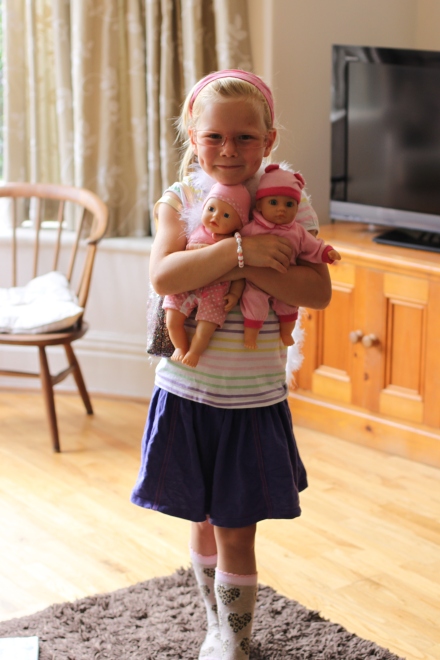
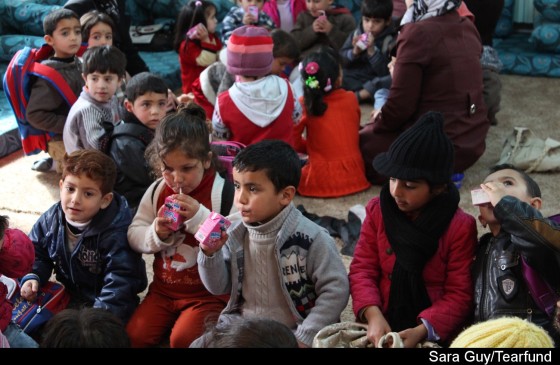
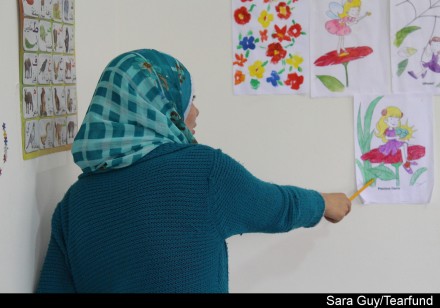
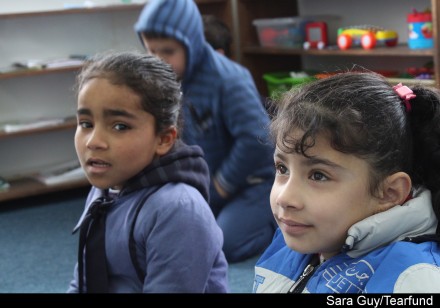
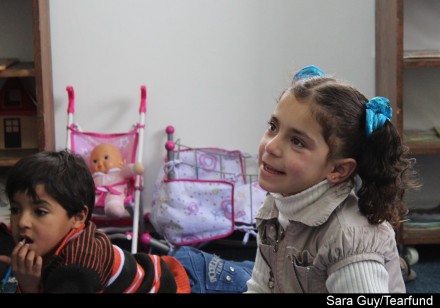
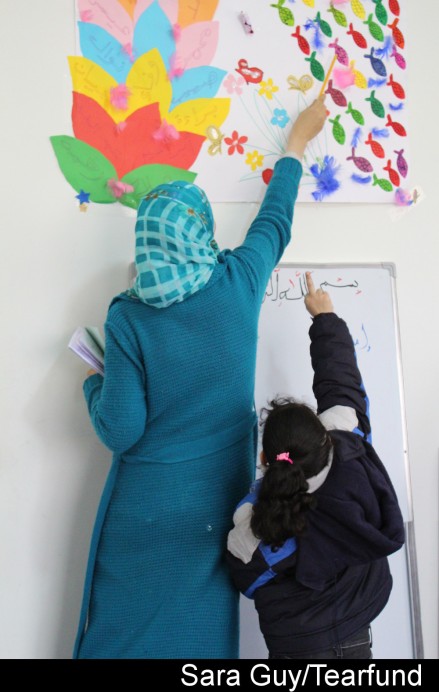
Devastating!
Wendy M Holmes
>
LikeLike
thnaks Wendy, yes it really is devastating.
LikeLike
Hi Anna,
You hit a topic that is close to my heart. In college, I asked my parents permission to drop out my junior year to go work as a missionary in Turkey. They were terrified and did not give their consent. I prayed, and I felt the Lord wanted me to go one day WITH their consent.
I love the Muslim people and got to know many at my university. I often cry when watching the news about Syria and the Middle East. The stories you told break my heart, and I wish so badly that I could go to help and love on these sweet Syrian children. Thanks so much for posting about a topic that is often overlooked. I just spent a while looking at Tearfund and it is JUST what I’ve been looking for! A Christian organization that has work in the Middle East. Thanks so much! Blessings!
LikeLiked by 1 person
Thank you, that’s really encouraging. Tearfund are an incredible organisation. I hope that you are able to plug in and support their work, and the people they work with, in some way.
LikeLike
eye opening – can’t believe it has been going on for 3 years! The figures that you have quoted are astounding! awful!
LikeLike
yep, it’s really awful and it’s really easy for us to become immune to what’s really going on (myself included!) I think if we can imagine how we would feel if it was our child, sibling, mother or father that was affected then we can more easily identify with the enormity and gravity of the situation. Then we can turn that compassion into prayer or other action.
LikeLike